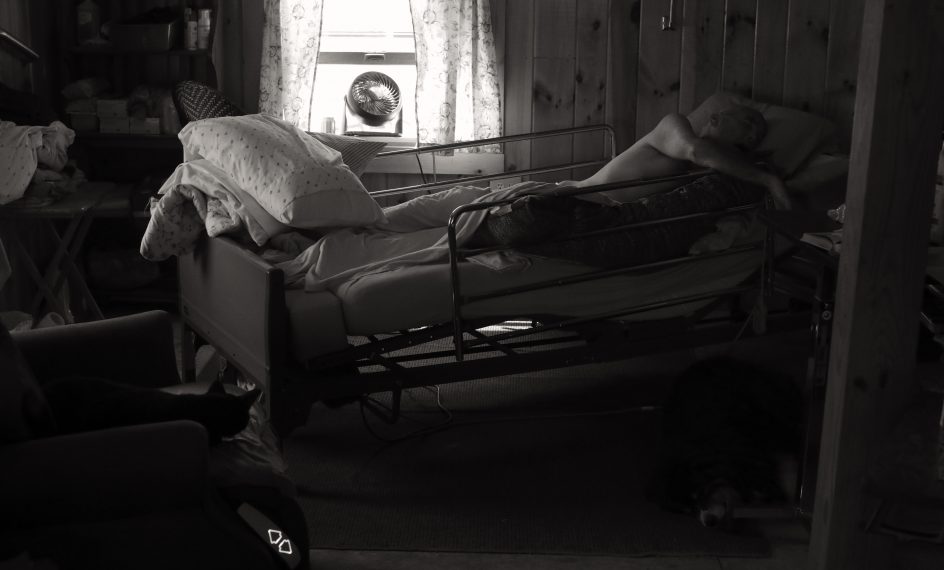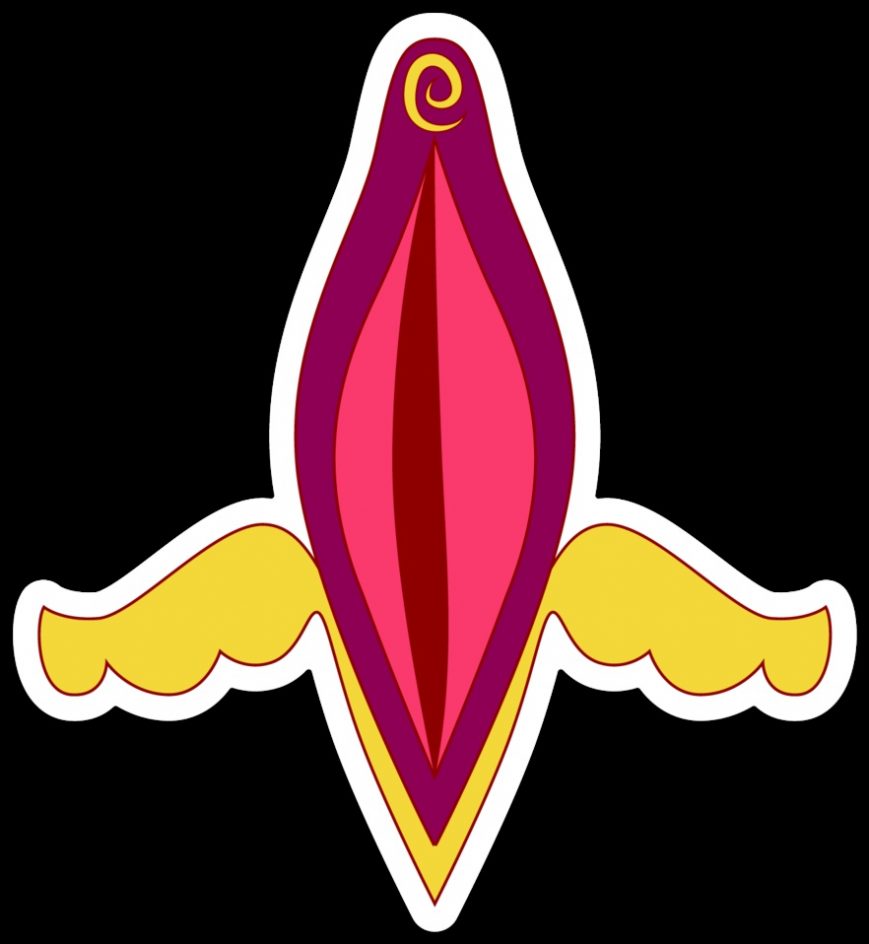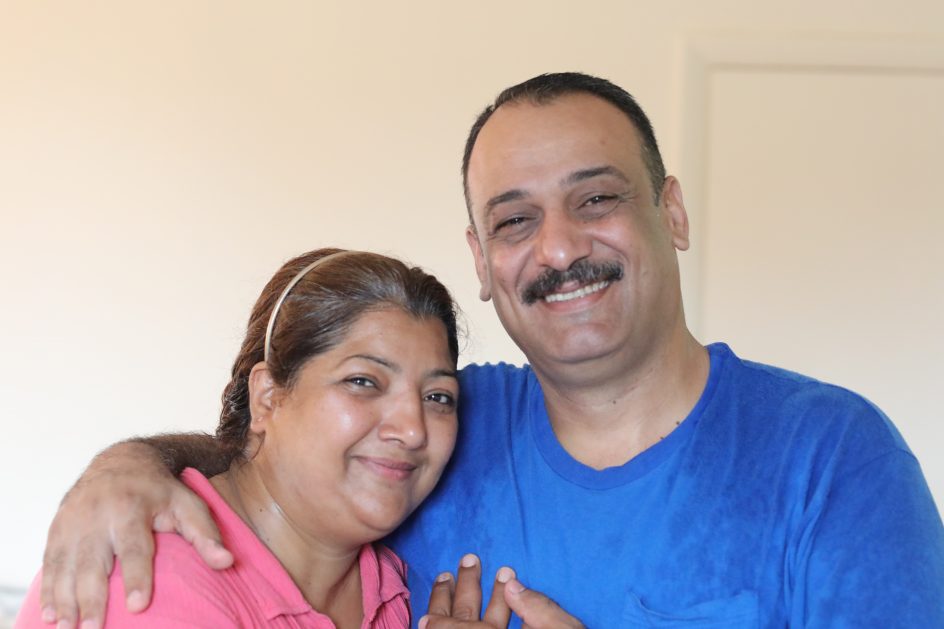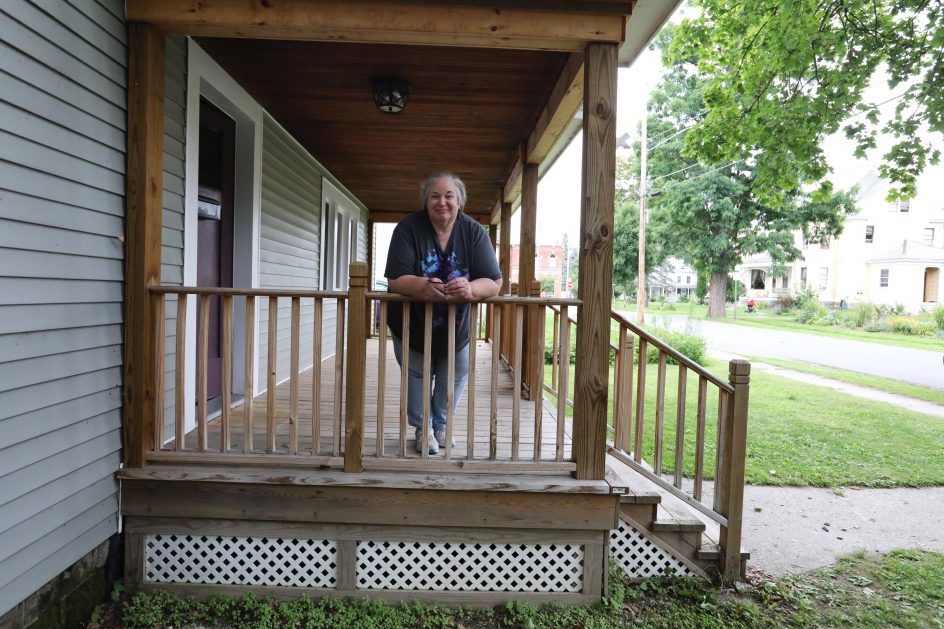
Ed and Carol Gulley’s granddaughter Kaylah were going to the Schaghitocoke Fairgrounds today to show the one year old steer Attitude, an animal Ed and Carol helped birth a year ago. Ed always wanted one of his cows to win their show class.
After much prodding and encouragement from her children, Carol agreed very reluctantly to go. We all knew it would be good for her to get out of the farmhouse for an afternoon. She agreed and asked me if I could sit with Ed for the four or give hours that she would be gone.
I was happy to do it.
She showed me where the medicines were, I know how to administer them through the mouth.
She showed me where the pudding was, and the ice cream, and the cold water, these are the only three things Ed is eating or drinking now.
I studied the morphine syringes and other medications in case I would have to use them.
I had the phone number of several family members to call if I needed them, or if anything changed with Ed.
Almost all of the grandchildren showed up to go with Carol to the fair, it was very much a family gathering and I knew Carol would love it and hate to miss it.
When they all left, I was alone with Ed, perhaps for the first time since we had lunch after he was diagnosed with brain cancer.
It was quiet, I sat next to the wind, a soft breeze blew in from across the pasture. Ed signed and groaned once in a while, but mostly slept.
I brought two books: Only To Sleep, a new Philip Marlowe novel written by Lawrence Osborne, and The Inner Voice, A Journey Through Anguish To Freedom by one of my favorite spiritual writers, Henri J.M. Nouwen.
I often read chapters of Nouwen’s book to Ed.
This is the passage I read aloud to him from Nouwen today, I don’t know if he heard it or not, I think he did hear some of it.
“There is a deep hole in your being, like an abyss. You will never succeed in filling that hole, because your needs are exhaustible. You have to work around it so that gradually the abyss closes.
Since the hole is so enormous and your anguish so deep, you will always be tempted to flee from it. There are two extremes to avoid; being completely absorbed in your pain and being distracted by so many things that you stay far away from the wound you want to heal.”
So this is it, I told Ed, we are dancing around the abyss. We can’t be swallowed up by it or so distracted by the pain that we can’t find the peaceful or healing place.
Every five or ten minutes, Ed’s eyes were open and he would look at me, and try to speak. Sometimes he could, sometimes he couldn’t. Mostly, he was no longer making sense. He knew I was there, he knew who I was, he said hello.
Once or twice he asked me what was wrong with him, and how he might be able to get better. At these times, he seemed to forget that he had cancer. I would tell him he had brain cancer, it was not curable, he would soon be going to a better place.
Once, he said he wanted to die. I said he would, it was up to nature now, and the God he believes in.
“Oh,” he would say, or “thanks,” and then drift back to sleep. I dave him cold water two or three times, and pudding twice. He did not ask for or seem to seek any medications.
As I said in the chair, the Gulley dogs came up to me one at a time – Grissom, Minnie, Miss Putz, Lovey. They all wanted to be scratched, and so did the cats, Shiver and Ophelia. I had the sense they were all anxious and confused, they seemed to want reassurance.
Ozzie, Ed’s much loved Cockatiel – the two chatter back and forth all the time, and as recently as last Saturday. Ed doesn’t talk to Oz any longer, and the Cockatiel is silent, that is sad.
June, a neighbor from down the road, came to the door with some fresh-made farm biscuits, and a giant crockpot full of soup. It was the biggest bowl of soup I’ve ever seen.
I was hungry, I hadn’t eaten anything that day and the biscuits practically melted in my mouth. I sat by the window and read the novel.
Carol and her children have not had to cook a meal in a month, every day neighbors and farmers appear with enormous quantities of food for dinner.
I was struck by the silence.
It had never been so silent during the time I have been visiting Ed in his hospital bed. His sons were out in the field, Maggie was with Carol, the grandchildren were all with them. The farmhouse had a stillness to it that I had not encountered before, and I felt very much at peace, sitting a few feet from my semi-conscious and dying friend.
I felt I was where I was supposed to be, it felt like and spiritual time for me, I hope Ed felt some of the same thing in some way. I know the person I know is gone, but we are still close, there is still a bond of trust and openness between us.
I don’t go into that deep hole.
Ed asked me when he could go out and milk the cows and I said nothing. Sometimes it is eerie and disquieting when I realize who it is I’m talking to, when I see that it is the cancer speaking to me, not Ed, and that sends the hairs on my neck straight up, I’m face to face with this evil thing that is killing my friend, I am talking and it is talking back, using Ed’s voice and brain.
I shook that off and decided not to go there.
I felt lonely, and yet calm and very much at peace, I could hear the wind whistling softly across the hayfield just outside the window. Somewhere out back, I heard the cows sounding mournful and remote.
I very much love being alone, it is always a spiritual experience for me, and Ed somehow seemed to join in this with me, even though he didn’t speak or even sit up.
We were just there, alone together. It was a deeply spiritual feeling.
Whenever I feel lonely – and I think I was feeling Ed’s profound sense of being alone as death approaches – I am humbled, I could almost touch it.
When I feel lonely, I try to find the source of this feeling, I either run away from my loneliness or dwell on it. When I dwell on it, I feel sad, worse. The spiritual task for my time with Ed was not to escape or deny the loneliness of this time, but to find the source of it.
With my heart I search for the place where my loneliness comes from without fear. This is life, I think, and I respect life. Ed had a good and long life, and yes, he might have lived longer, but so do many of the people who die. We don’t get to decide when we die, or when others die. I can only bow to the awesome mystery of life.
While Ed and I sat together in that beautiful and holy breeze, a couple of farmers, but men with weathered faces, came into the house – the door is always open – and spoke to Ed. I could tell they were nervous, uncomfortable around death. So they told jokes. They asked where the hookers were, where we were hiding the beer, why were we partying so loud.
This is what men do when don’t know what to say, when they look at Ed shrinking into himself and moaning and saying incomprehensible things. They offer him gossip and news of their farm, then leave. They don’t stay long. Usually, they punch him lightly in the arm before they go. I recoil at these jokes, but then I realize this is the dialogue of fear. We are all taught to fear death.
The time rushed past me, I dozed for a bit in the chair next to Ed, we were both napping and sleeping together. I went to get him some pudding, and some ice water. I held the straw up to his lips so he could drink the water, then gently and carefully spooned the pudding into his mouth. Then I got a washcloth and wiped the excess pudding off his mustache.
I felt close to Ed at those moments, he was my brother again, my dear friend. I thought of all the talks we had, all the dinners, all the excitement about our friendship and why and how it had occurred. It seemed a miracle to both of us. I found that I was not only not uncomfortable caring for Ed in this way, it was deeply satisfying to me. It is our way of talking now, our only way.
At 3 p.m., Penny, the hospice aide came, competent and cheerful. Penny has been doing this for 18 years, she knows her stuff. S
he said she was going to bathe Ed and rearrange the bed and sheets. I thought of Ed and his dignity, so I went out of the room and drove to the Moses Vegetable stand brought fresh-picked sweet corn, beans, blueberries and watermelon.
People bring pots of soup and trays of sandwiches to the Gulleys, so I bring corn and fresh vegetables and fruit. Every visit, i look to see what is left, and know these are good things to b ring.
By the time I got back, Penny had washed Ed and changed the sheets on his bag, and also changed his catheter bag. She talked openly and easily with him, explained what she was doing, was cheerful and confident.
He barely replied. He continues to sink.
We talked about Ed and she reminded me that what I heard was more and more the cancer speaking and not Ed. She said she saw that we were both comfortable with each other and safe in the silence. I think death can sometimes be beautiful, but I also imagine it can be the loneliness thing on the earth. In fact, I felt that sometimes today.
Carol came back in the late afternoon, eager to check on Ed, and happy to tell us that Kayla won her class with Attitude, she won a ribbon. Ed, she said, would loved to hear that, he has wanted that for years.
She got busy right away feeding him, talking to him, wiping his brow, touching him. I saw the waves close around her again, it was time for me to leave.
Tomorrow, Carol has to see a orthopedist to see about her torn ligaments. She said if her daughter Maggie can’t make it, she might have to ask me to stay. I am pleased that Carol can ask me for help, that is one of the hardest things for her to do.
She never asks for help, it is a sign of her growth and evolution that she can do it now.
It is a gift to me, I think she is beginning to see that.
She thanked me for our talks this weekend about being honest with Ed. It was weighing on him how she could do it, and now, she says, she has figured it out the words and it has taken a great burden off of her and helped Ed to understand the reality around him and be reassured.
All good, if that’s the right word. this is a process, and Carol and Ed are in it.



